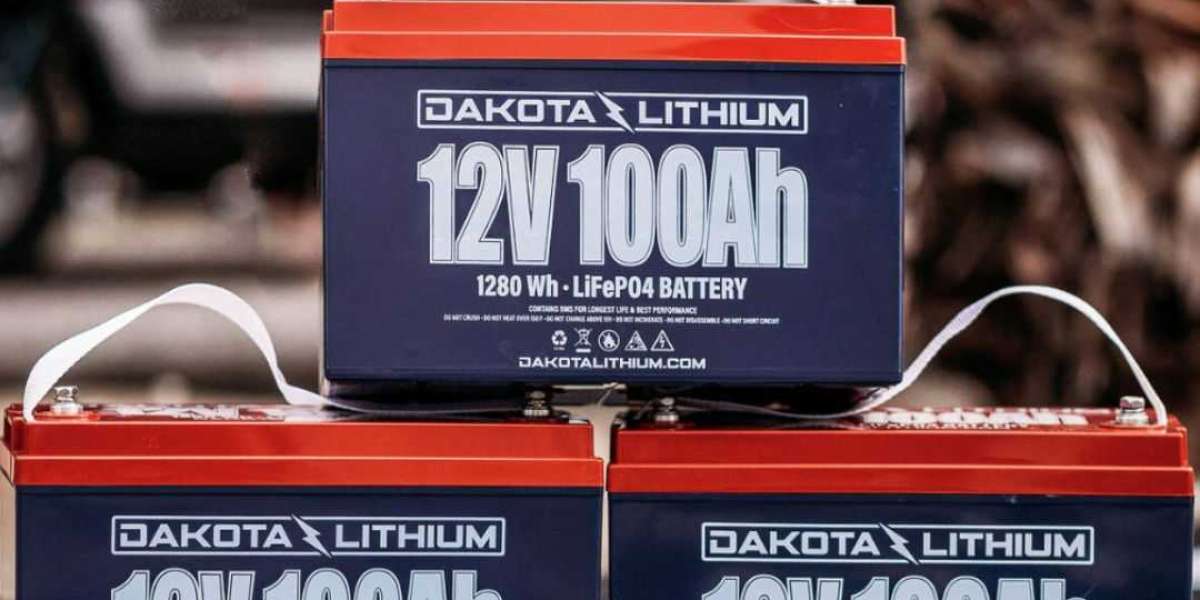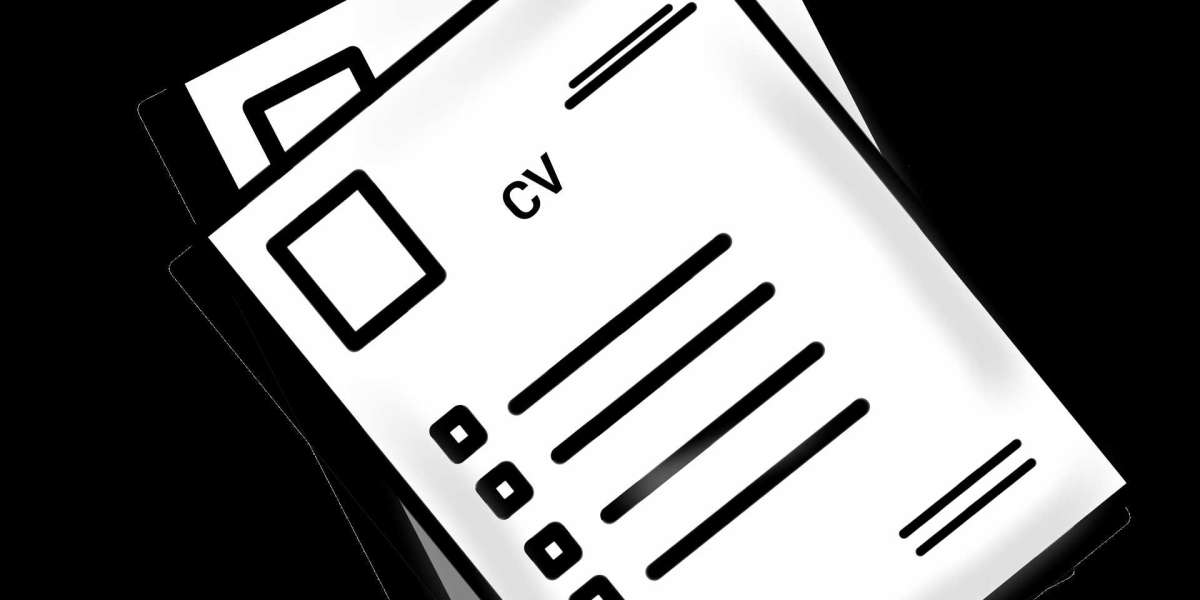Lithium-ion golf cart batteries have become famous for various devices, from smartphones to electric vehicles. They offer several advantages over other types of batteries but also come with some disadvantages that users should be aware of. In this article, we'll explore the pros and cons of lithium-ion batteries.
Advantages of Lithium-ion Batteries
high energy density
Lithium-ion batteries have a high energy density, which means they can store much energy in a relatively small and lightweight package. This makes them ideal for portable devices like smartphones, laptops, and tablets.
Low Self-Discharge Rate
Lithium-ion batteries have a low self-discharge rate, which means they can hold their charge for extended periods compared to other types of golf cart battery. This makes them a convenient power source for devices used sparingly.
Fast Charging
Lithium-ion batteries can be charged quickly, which is a huge advantage for users who need to charge their devices on the go. This feature benefits electric cars because fast charging can reduce the time it takes to assess and increase the distance you can drive.
Disadvantages of Lithium-ion Batteries
High Cost
Lithium-ion batteries are more expensive than other batteries, making them less accessible to some users. This is especially true for electric vehicles, where the cost of the battery can make up a significant portion of the vehicle's overall price.
Limited Lifespan
Lithium-ion batteries have a limited lifespan, typically lasting between 2 and 3 years. After this time, the battery will start to lose its capacity to hold a charge, which can be a problem for users who rely on their devices for extended periods.
Safety Concerns
Lithium-ion batteries have been known to catch fire or explode when exposed to high temperatures or damaged physically. This has led to concerns about their safety, particularly in applications like electric vehicles, where a battery failure can be catastrophic.
Conclusion
Lithium-ion batteries offer several advantages over other types of batteries, including high energy density, a low self-discharge rate, and fast charging. However, they also have disadvantages, such as high cost, limited lifespan, and safety concerns. When deciding whether to use a lithium-ion battery, it's essential to weigh the pros and cons and choose the best option for your specific needs.
FAQs
Can lithium-ion batteries be recycled?
Yes, lithium-ion batteries can be recycled. Many manufacturers and retailers offer recycling programs for used batteries.
Are lithium-ion batteries safe to use?
While lithium-ion batteries can be safe to use when handled properly, there are some safety concerns associated with their use. Users should be aware of the risks and follow the recommended safety guidelines.
How do I dispose of a damaged lithium-ion battery?
Damaged lithium-ion batteries should be thrown away in the right way to prevent fires and explosions from happening. Check with your local recycling center or facility for getting rid of hazardous waste to find out how to get rid of things properly.
Can lithium-ion batteries be used in extreme temperatures?
Extreme temperatures can impact lithium-ion batteries, reducing their performance or causing damage. Users should stick to the temperature guidelines and avoid putting the battery in hot or cold conditions.
How long does it take to charge a lithium-ion battery?
The time it takes to charge a lithium-ion battery depends on the device and the charger. A lithium-ion battery can generally be fully charged in a few hours or less.








